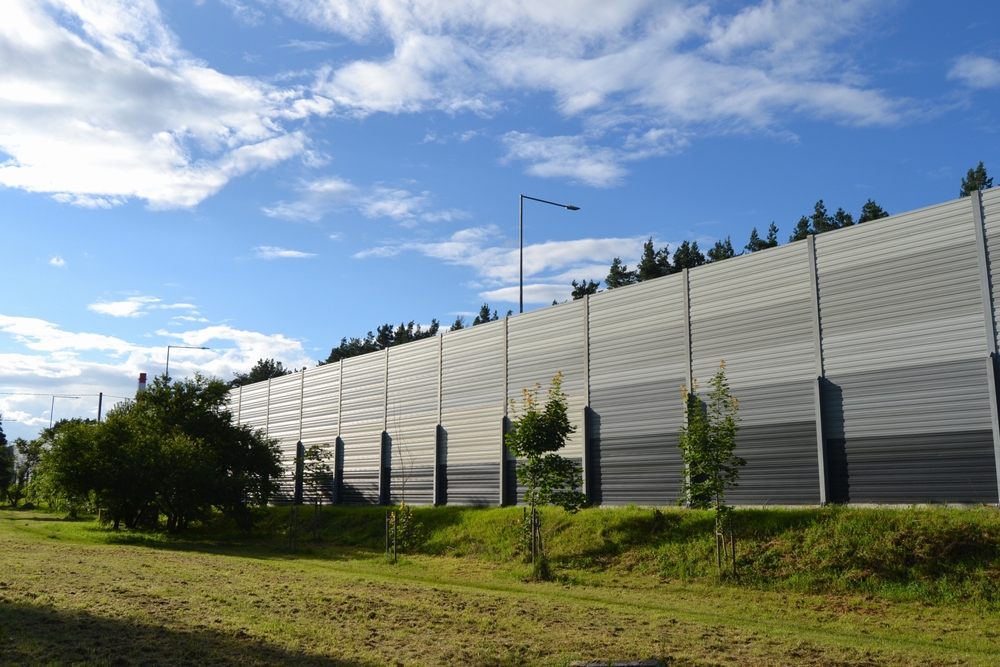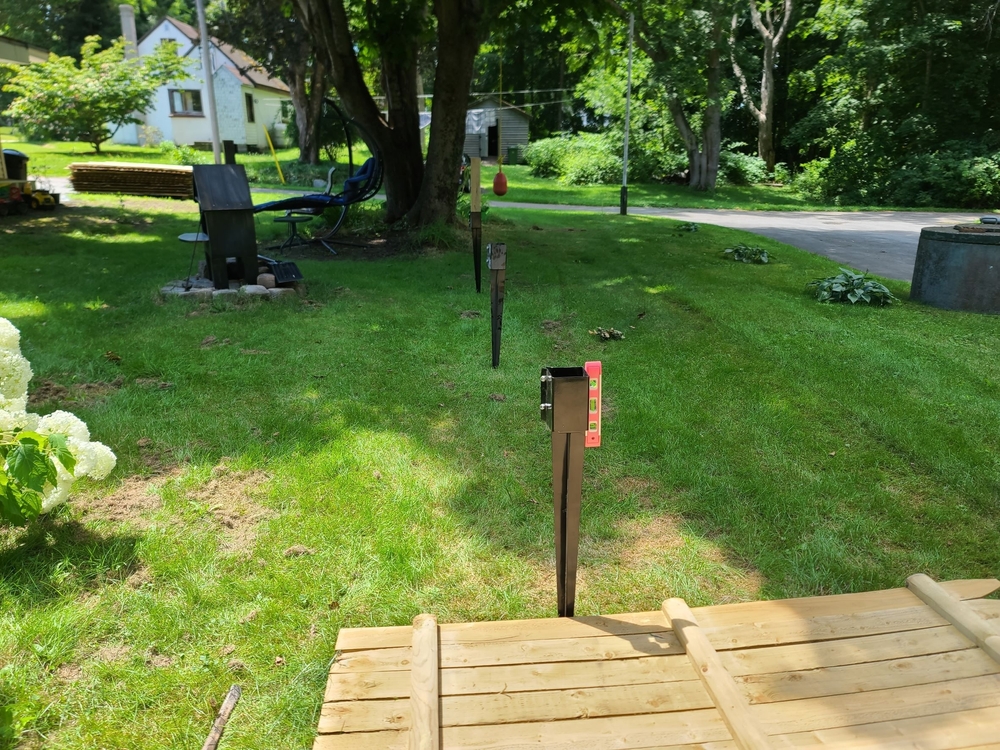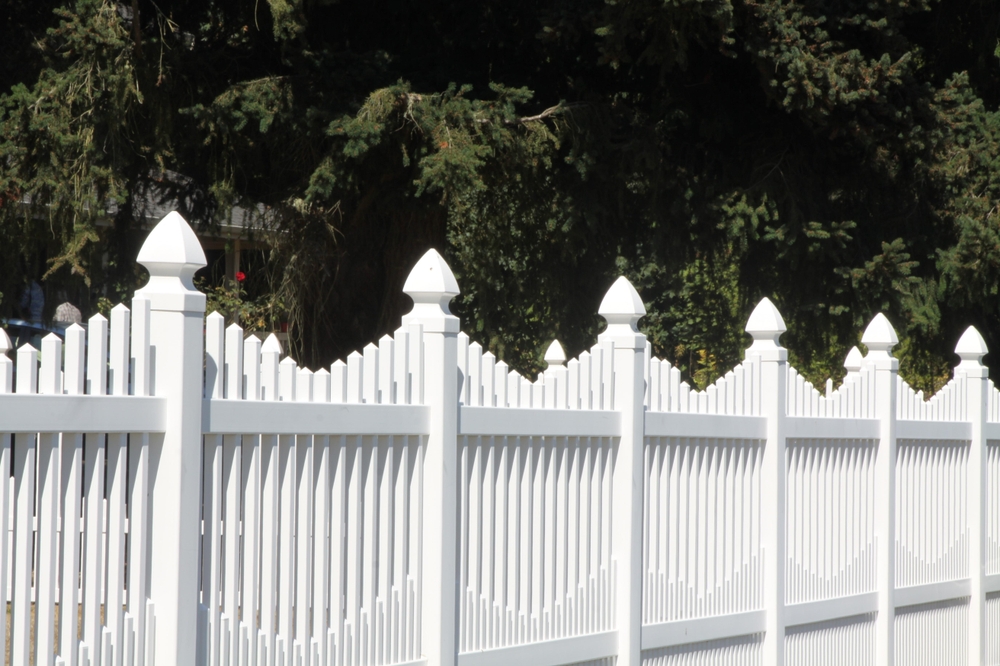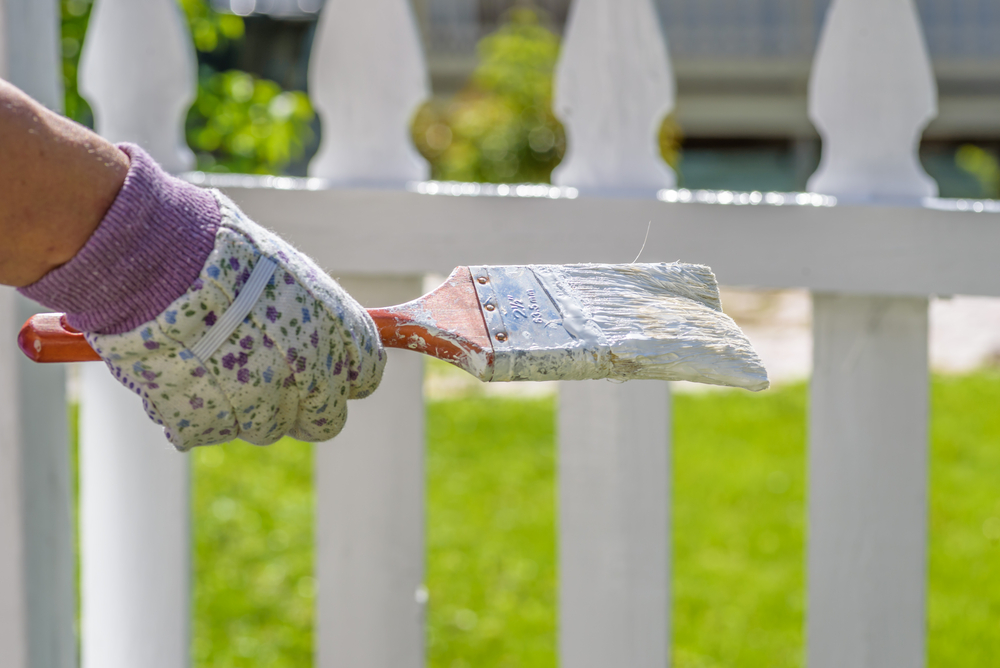When it comes to creating the best sound barrier for traffic noise, several options are effective, but the choice depends on your specific situation, budget, and aesthetic preferences. Here are some of the most effective sound barriers for traffic noise:
- Highway Noise Barriers: Highway noise barriers, also known as sound walls or acoustic barriers, are specifically designed to reduce noise from busy roads and highways. They are typically made of materials like concrete, metal, or plastic and are installed along roadways to block and absorb traffic noise. These barriers can be highly effective at reducing noise levels for properties located near major roadways.
- Earth Berms: Building an earthen berm or mound on your property can be an effective way to block and absorb traffic noise. The sloping terrain of the berm helps deflect sound waves, and planting it with grass, trees, or other vegetation can further enhance its noise-absorbing capabilities. This option can also provide a natural and aesthetically pleasing solution.
- Solid Fencing: Solid, tall, and dense fencing made from materials like wood, vinyl, or composite can act as a barrier to block and absorb traffic noise. The fence should have minimal gaps between panels to be effective at noise reduction. Planting tall shrubs or trees in front of the fence can enhance its noise-blocking capabilities.
- Living Barriers: Planting dense vegetation, like evergreen trees and shrubs, can create a natural sound barrier. The leaves and branches of plants can help absorb and reflect sound waves, reducing noise levels. Living barriers can be a sustainable and visually appealing solution.
- Acoustic Panels: Installing acoustic panels made for outdoor use on existing walls or fences can help absorb sound and reduce noise reflection. These panels are designed to minimize noise pollution in outdoor spaces.
- Outdoor Curtains: Outdoor curtains made from noise-absorbing materials can be hung on structures like pergolas, fences, or walls to reduce traffic noise. They are a more temporary solution and can be especially useful for outdoor living areas.
- Double-Glazed Windows: If noise is a significant issue indoors, consider upgrading your windows to double-glazed or laminated glass. These windows are effective at reducing noise infiltration.
- Noise-Reducing Landscaping: Along with planting, consider other noise-reducing landscaping techniques, such as adding water features like fountains or ponds. These can create pleasant white noise that masks traffic sounds.
The choice of the best sound barrier for traffic noise depends on factors like the location of the noise source, your budget, and the aesthetic considerations for your property. For properties near highways or busy roads, highway noise barriers are often the most effective solution. However, for residential areas, a combination of natural and constructed barriers, like berms, fencing, and vegetation, can be a practical and visually pleasing choice. Consulting with a professional acoustic engineer or landscaper can help you determine the most suitable solution for your specific needs.





